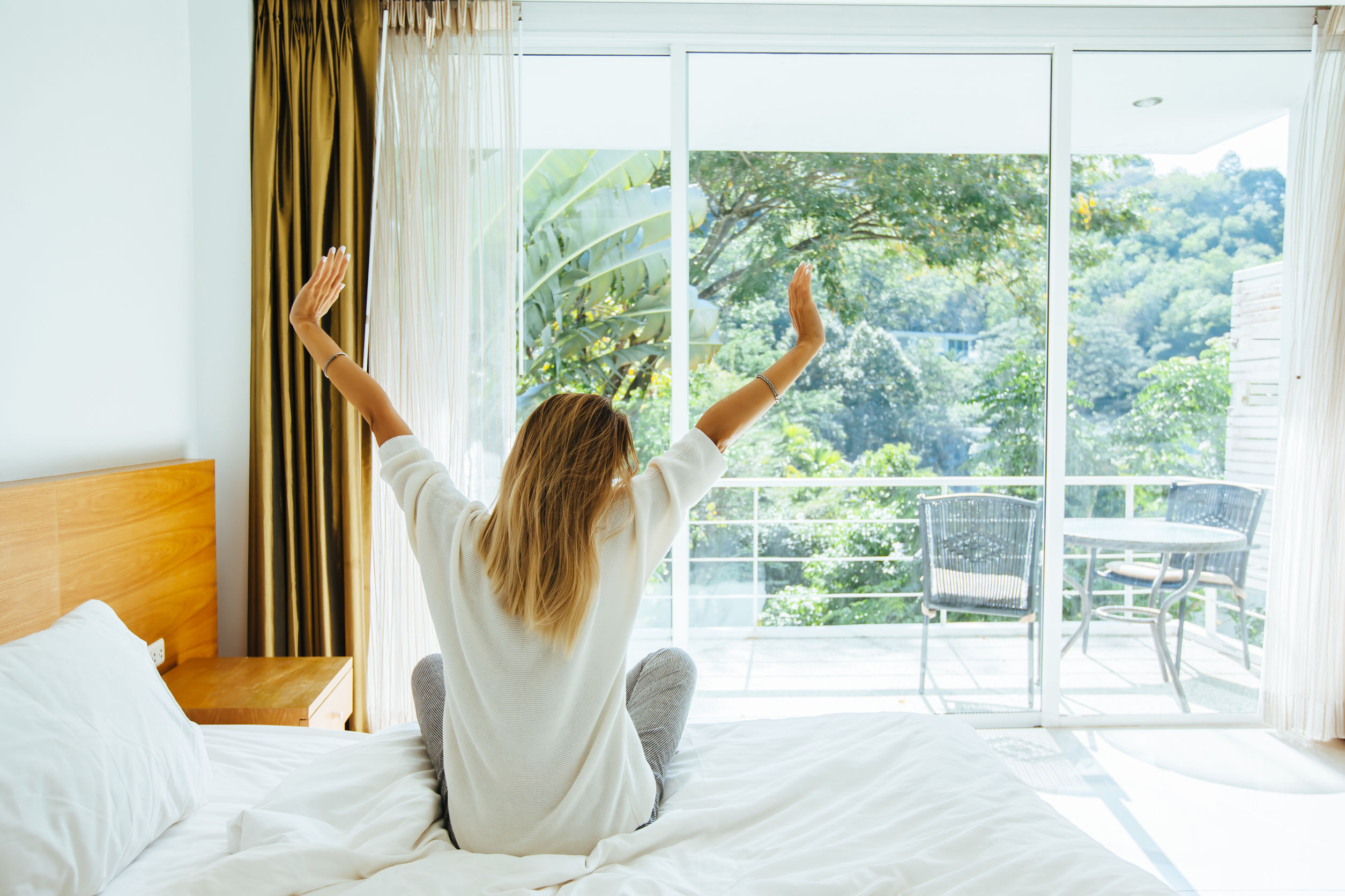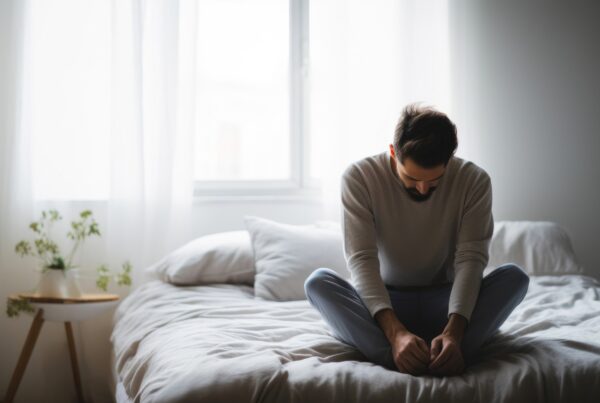”Question: What can we do to improve our sleep quality this spring?
Reading Time: 5 Minutes
MWi Hacks:
- Get some ideas on coping with daylight savings
- Try some easy to follow tips to enjoy the spring and sleep better
MWi Summary:
- Daylight savings can affect our sleep.
- Here are some tips to help cope with the time change:
- Be consistent with your sleep schedule.
- Enjoy the longer evenings and natural lighting.
- Exercise regularly.
- Be mindful of what and when you eat and drink. For example, avoid spicy or fatty foods before bed and avoid caffeine and alcohol later in the day.
- Reduce screen time.
Most of us look forward to springtime, but not to losing the hour of sleep when clocks spring forward.
March 14 kicked off daylight saving time and clocks turned ahead one hour. Losing that one hour of sleep can affect productivity, concentration, and both physical and mental health. Fortunately, our sleep experts have some simple tips we can use to help us adjust to the time change. And that can help us minimize the accidents and health problems that are linked to it.
Even though the clocks now says 8 a.m., your body will think it’s 7 a.m. This can leave you feeling groggy for several days, especially in the morning.
How to cope with daylight savings time?
-
Be consistent.
Wake up at the same time each morning to keep your sleep cycle more regular. This means even on weekends! Although sleeping in can help you feel more rested in the short-term, it causes difficulties falling asleep and waking up during the week. In fact, getting out of bed at the same time every morning is the single best way to improve sleep and wake functioning. A consistent sleep schedule based on a single pre-determined rise time will help you feel more rested throughout the entire year. Getting up at the same time is far more important than going to bed at the same time, though consistency on bedtime is certainly also important.
-
Enjoy the longer evenings.
One great perk about spring and daylight saving time is that there is more sunlight in the evenings. Enjoy the natural lighting outside or indoors with your curtains open. Sunlight helps naturally reset your body clock. Letting natural light come into your bedroom in the morning also aids in greater alertness upon awakening.
-
Exercise.
Being physically active is good for your health and it can help you sleep better, too. Go for a walk or run outdoors during daylight where you are exposed to natural sunlight. But try to avoid working out too close to your bedtime. It’s best if you can allow at least two hours to “cool down” from exercise before going to bed.
-
Be mindful of what and when you eat and drink.
Eat dinner earlier in the evening to help your body prepare for bedtime. Try to avoid spicy or fatty foods, especially as bedtime is approaching. They can lead to indigestion and insomnia. Avoid caffeine and alcohol later in the day so you fall asleep more easily.
-
Reduce screen time.
Television, tablets, and phones may help you unwind for the evening, but they can stimulate your brain and actually make it harder to fall asleep. Try avoiding hand-held screens and computer displays at least two hours before bed, and avoid television at least an hour before bedtime.
MWi would like to thank Keith Fridel for his expert insights that we were able to share with our community. To read the original article go to:
https://www.healthpartners.com/blog/6-tips-to-help-you-spring-forward/
More on the Author:
Dr. Keith Fridel is a sleep psychologist at Park Nicollet. He is passionate about helping people improve their sleep health and works with patients to treat many types of sleep issues. He enjoys hiking, back-packing and mountaineering. And he has experienced much of the United States due to his love of the Grateful Dead and all things Jerry Garcia. These days, Dr. Fridel spends his off-time traveling the world sharing meaningful experiences with his wife and school-age daughter.






